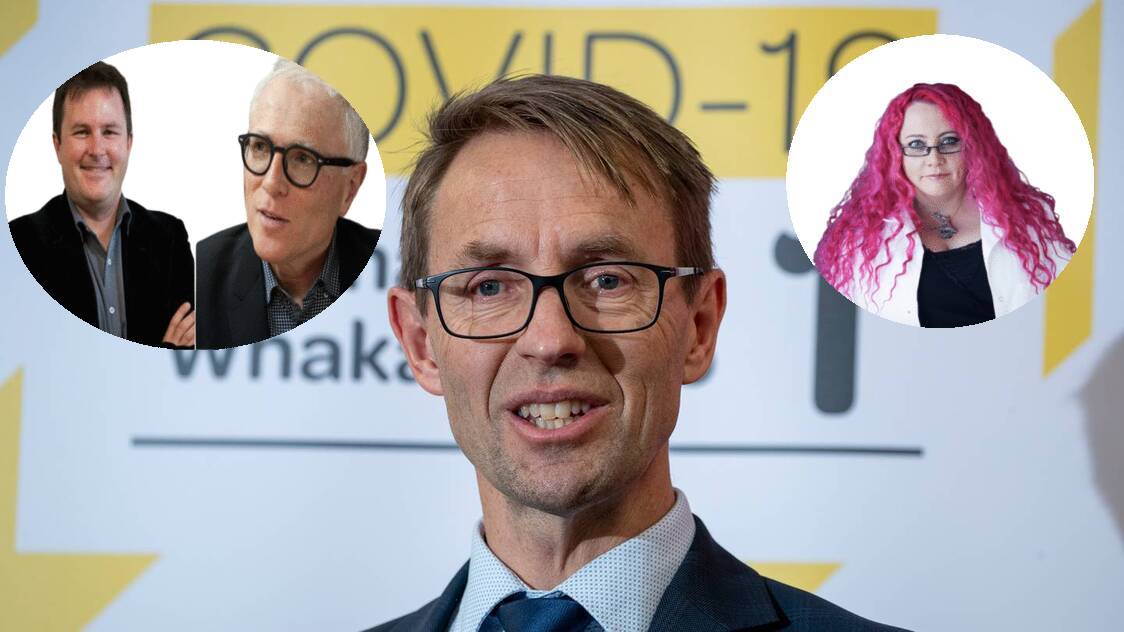Overview:
The system has created a political class. A network of journalists, politicians, entrepreneurs/business people and academics who set the agenda as to what kind of issues are discussed and what information is accepted as true.
In a previous article, I discussed the shifting political divide away from the left-right divide towards a divide between the ordinary people and the political class. In this article I wish to further explore this new paradigm by looking into how this will shift the political landscape.
In the beginning, the political landscape was simple. Labour was the party of the workers and National, the party of the rural areas and the business owners. After MMP was introduced, the political landscape became more diverse, as various interests were represented. ACT emerged to continue the legacy of Rogernomics and to support the private sector, the Green Party represented environmental interests and New Zealand First formed as a reaction to globalization. There are too many parties to list but I will mention the Maori Party was established to represent Maori and for some time there was United Future which represented the centre.
Because of MMP if there were people who felt underrepresented, then they had the opportunity to address that by attempting to enter Parliament.
MMP was introduced in response to the declining trust and confidence in politicians under the FPP system. It was also partly to break the two-party mentality produced by the FPP and to allow minority parties who were getting as low as 5-7% to have a voice in Parliament.
There are of course examples of multiple parties in Parliament under an FPP system, in countries such as Britain, Canada and Australia. This leads to the question as to why FPP works in those countries but not in New Zealand.
There could be different explanations and factors as to why this happens. One thing to note is that in those other countries, there are state-owned media outlets but competing with them are private media outlets who have a particular political stance and therefore will cover both major and minor parties who share their ideas and their platform.
Nevertheless, the MMP system has certainly delivered a multi-party system, allowing minority voices to be heard in government, however, the minority parties that do get in are platformed on the backs of the majority parties Labour and National through confidence and supply agreements showing that the two parties continue their role as gatekeepers for what information and views are allowed in the public sphere. They also now take on the role of gatekeepers for the people allowed to speak in the public sphere.
A new social contract has been formed in which more radical parties are forced to moderate their positions in exchange for a seat at the table. This social contract forces anyone with the intentions to change things in government to be restricted only to talk about issues that are on the agenda rather than their own personal concerns. And while the opposition can only scrutinise so much, they are still restricted to the information that is on the agenda and is accepted as factual in the public sphere.
The other reason for this restriction is due to the state-sponsored media. The media have control over what information is broadcast to the public and who is allowed to speak. Of course, this barrier has been circumvented a little by social media, however, even social media are controlling what information is allowed on their platforms, with ‘fact checkers’ stopping the spread of ‘misinformation’ which also makes them the arbiters of truth, taking on the role of the mainstream media.
The system has also created a political class. A network of journalists, politicians, entrepreneurs/business people and academics who set the agenda as to what kind of issues are discussed and what information is accepted as true.
Common denominators of this political class are that they are university educated, have urban lifestyles and have skills that are mobile and transferable which allows them to travel, however, the other common denominator is that they are a minority. These are the people that have access to the public sphere.
This political class also holds all the power, making all the rules and restrictions and norms that the rest of society is expected to follow. It is also important to add that the political class has seen an increasing number of technocrats, experts who are considered the authorities on specific issues.
I argue that these are the people who hold the true power as they have the decision making power.
While our elected political class may hold the agenda-setting power in deciding what issues enter the public sphere, the technocrats still decide the best course of action which the political class will implement as policy and legislation. A good example of this is Dr Siouxsie Wiles, Dr Ashley Bloomfield, Dr Michael Baker and Dr Shaun Hendy.
To be continued…

